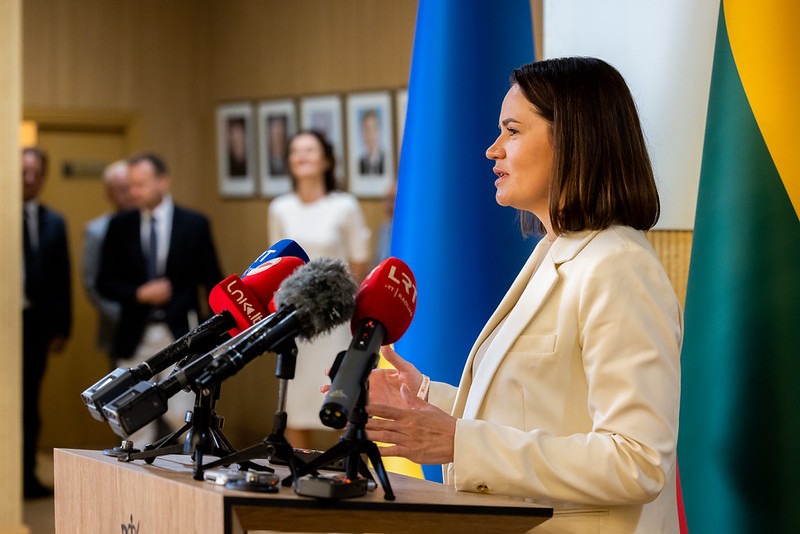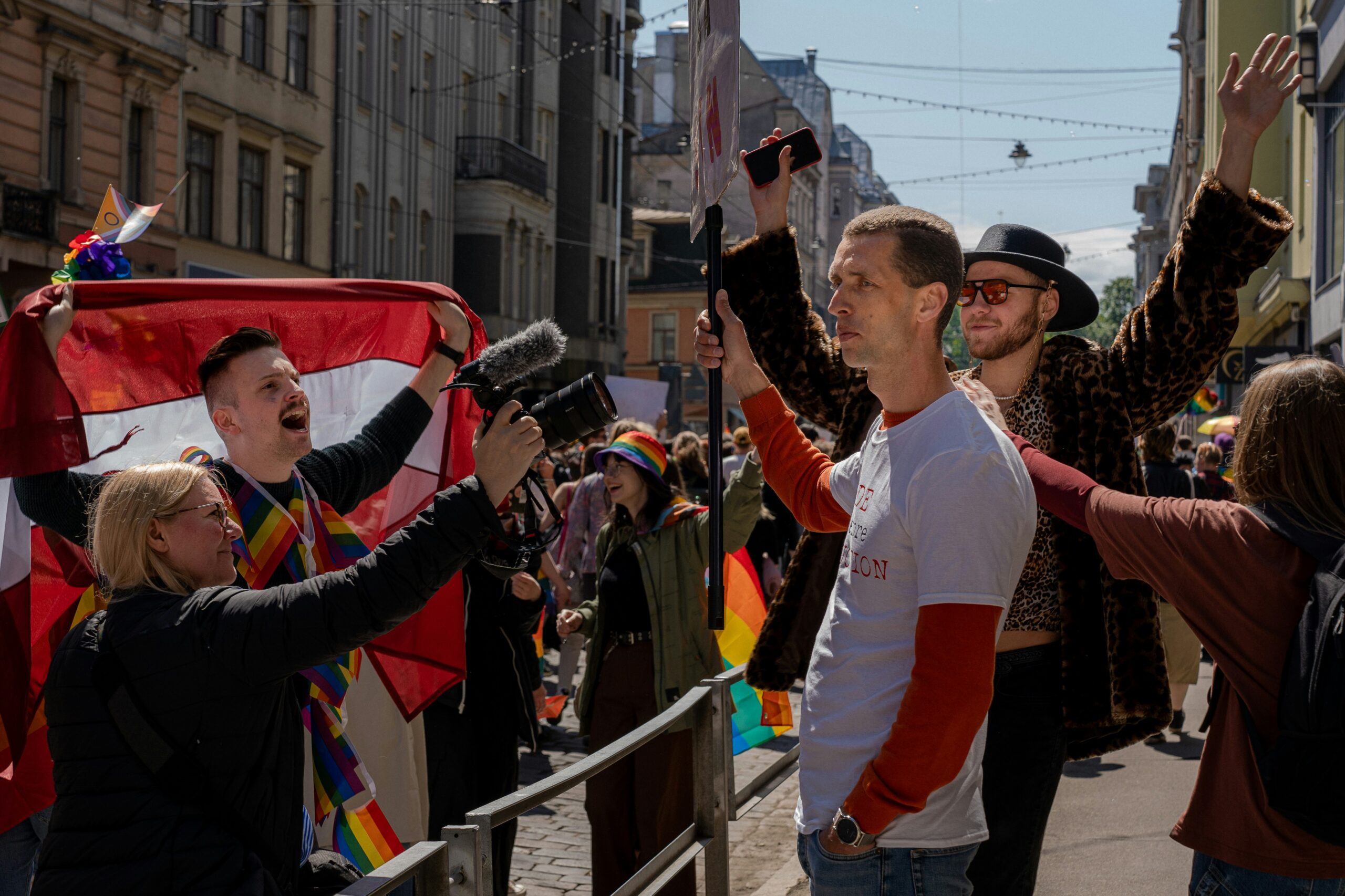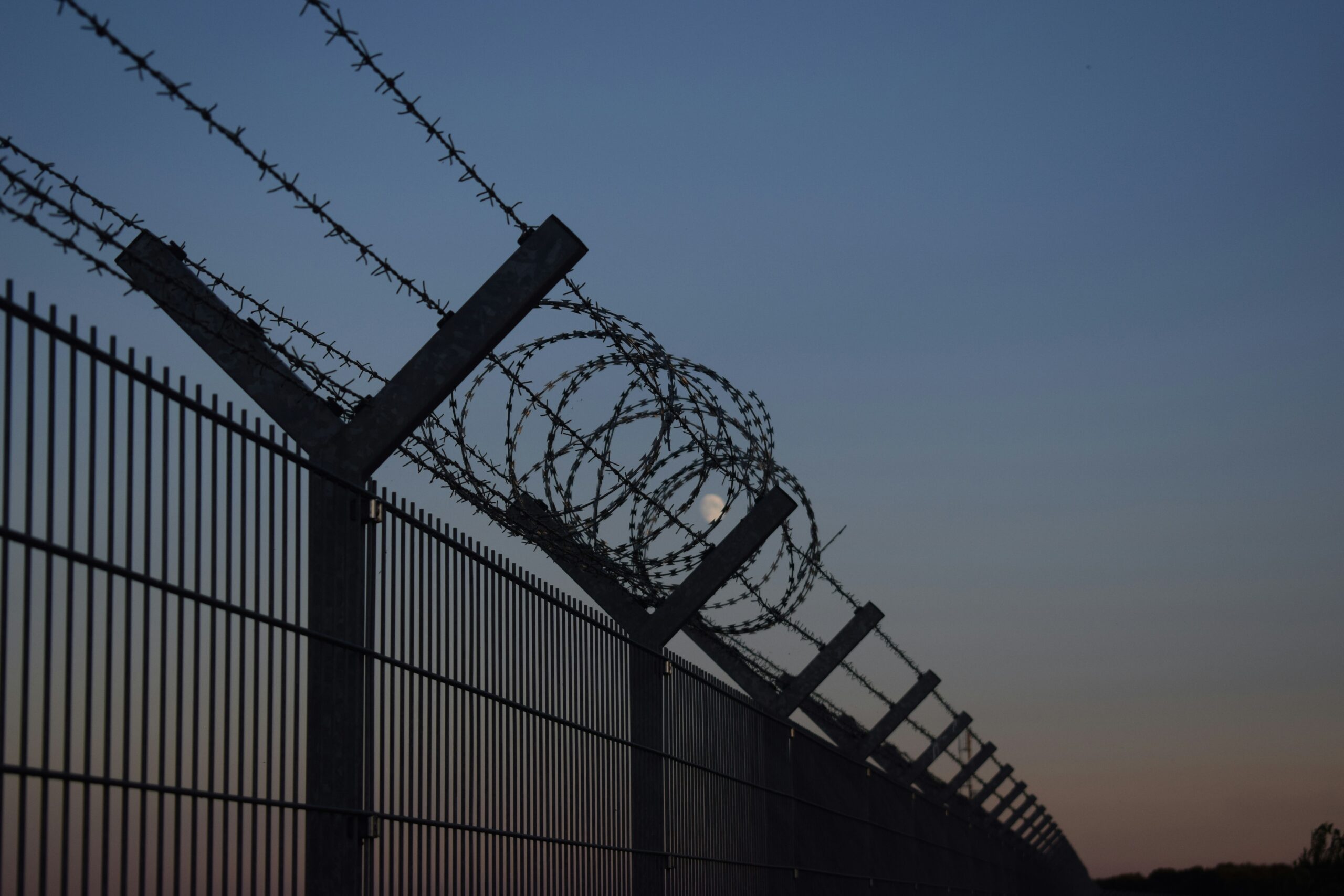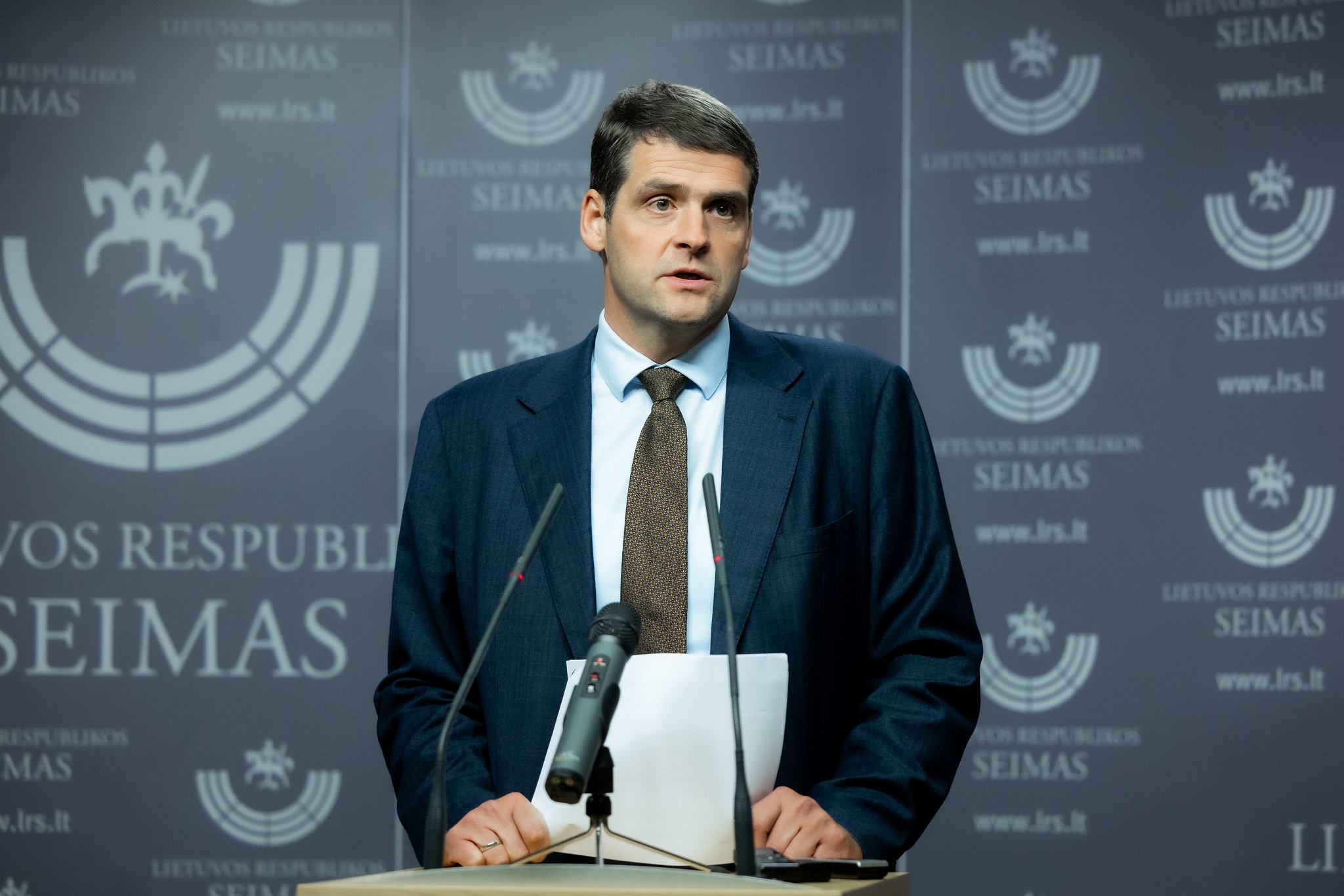Category:
Reports
Lithuania Weekly: Kremlin-Aligned Media Targets Lithuanian Support for Ukraine and Belarus Opposition
This week, Kremlin-aligned media in Lithuania intensified efforts to discredit the country’s support for Ukraine and portray the government as authoritarian and detached from its citizens.
Read moreLatvia Weekly: Kremlin Narratives Persist as Istanbul Convention Disinformation Wanes
Disinformation campaigns about the Istanbul Convention are declining, but Kremlin-aligned narratives persist on social media, with Russia-leaning politicians exploiting migration and minority rights debates to undermine Latvia's Western alignment and portray the country as a Western puppet lacking sovereignty.
Read moreEstonia Weekly: Pro-Kremlin narratives target Estonia over border incident and entry ban
Pro-Kremlin commentators portrayed Estonia’s closure of the Saatse Boot road as an “anti-Russian” provocation and mocked the country’s perceived weakness. Similarly, the entry ban on Latvian politician Aleksejs Rosļikovs was used to amplify narratives about political repression and curtailed freedom of speech in Estonia.
Read moreLithuania Weekly: Amplifying Žemaitaitis Hate Speech and Targeting Ukraine Support in Lithuania
This week, Kremlin-aligned media intensified efforts to exploit divisive rhetoric in Lithuania – from portraying MP Žemaitaitis as a victim of “leftist attacks” to amplifying Ignas Vėgėlė’s remarks questioning the Ukrainian flag in Seimas. These narratives, paired with the mocking of opposition appeals and nationwide protests, reflect a broader strategy to deepen polarization, discredit political actors, and undermine support for Ukraine.
Read moreShowing 29 to 32 of 396 results
Don't miss a story.
We publish stories that change laws, lives, minds and the world. Subscribe to our newsletter to get our investigations delivered to your inbox.



